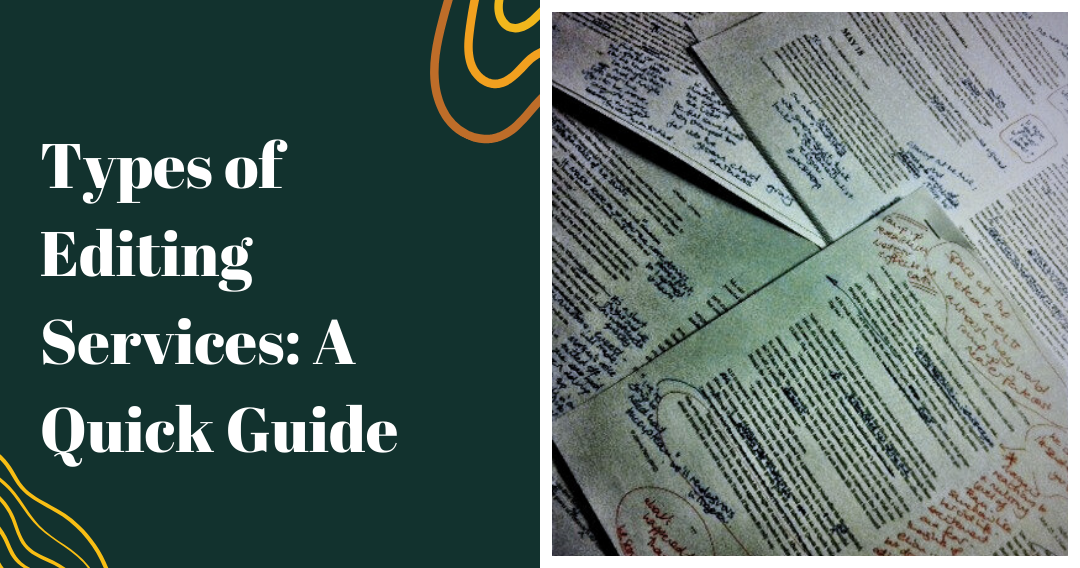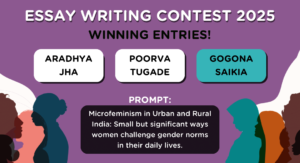Writing a book is a major achievement, but the journey doesn’t end at the final word. To ensure your work connects with readers and reaches professional standards, book editing services are essential.
Editing refines your manuscript, improves readability, and polishes it for publication. Whether you’re working on fiction, non-fiction, or memoirs, the right type of book editing helps transform a rough draft into a compelling final product!
Here’s a quick guide to the major types of book editing:
Developmental Editing
Developmental editing (also called substantive or structural editing) focuses on the big picture. It examines your manuscript’s plot, characters, pacing, and overall structure. A developmental editor helps you answer key questions:
- Does the story flow well?
- Are the characters engaging?
- Are there any plot holes or pacing issues?
This stage strengthens your storytelling and ensures your manuscript has a strong foundation. Need help shaping your story from the ground up? Explore our developmental editing services.
Copy Editing
Copy editing sharpens the language, grammar, punctuation, and clarity of your manuscript. A copy editor ensures consistency in spelling, facts, and references while polishing the text for readability. They maintain your voice but clean up any errors that could distract readers.
This step is crucial for both fiction editing services and non-fiction editing services. Ready to polish your prose? See our copy editing services.
Line Editing
Line editing goes deeper into style and language. Line editors work sentence by sentence, improving word choice, tightening syntax, and ensuring ideas are expressed clearly and powerfully. They also remove repetition and awkward phrasing to keep readers engaged. If you want your prose to truly shine, line editing services are the way to go. Want to elevate the style of your writing? Discover our line editing services.
Proofreading
Proofreading is the final quality check before publication. It focuses on correcting any remaining typos, punctuation mistakes, or formatting errors. A proofreader ensures your book is polished and error-free, and ready to impress readers and publishers alike. Almost ready to publish? Check out our proofreading services.
Sensitivity Editing
Sensitivity editing, also known as diversity editing or cultural editing, involves ensuring that your manuscript respectfully represents diverse cultures, identities, and experiences. Sensitivity editors help authors avoid stereotypes, cultural appropriation, and insensitive portrayals. They provide valuable guidance and feedback to create authentic and inclusive narratives.
Technical Editing
Technical editing is specific to non-fiction books that require accuracy, precision, and clarity in conveying technical information. Technical editors ensure that the content is well-structured, coherent, and understandable to the target audience. They verify facts, check references, and ensure that technical jargon is appropriately used and explained.
In addition to these services, a manuscript evaluation offers a broad, high-level critique of your draft before editing begins. It highlights strengths, identifies problem areas, and gives you a clear idea of what your manuscript needs to move forward — whether it’s structural changes, stylistic refinement, or just final polish. This is often the first step in the editing journey, helping authors decide which editing services are right for them.
If you’re unsure where to begin, a professional manuscript evaluation can guide your next steps. Get started here. At Bound, we support authors at every stage, from manuscript evaluation to final proofreading. Explore book editing services with Bound, and bring your best book forward!








